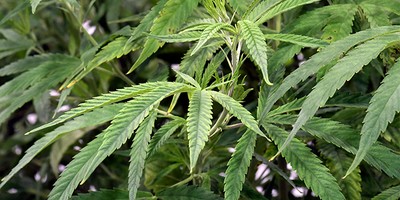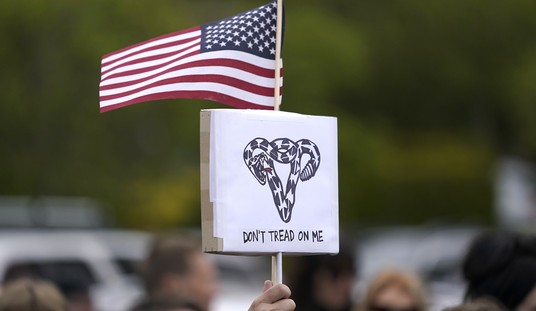What tax rate should rich people pay?
A working paper by Fabian Kindermann from the University of Bonn and Dirk Krueger from the University of Pennsylvania advocates taxing the highest 1 percent of earners at a marginal tax rate that is “somewhere between 85 and 90 percent.” As reported by Ben Walsh at the Huffington Post:
Krueger described the phenomenon like this: “How much less hard would LeBron James play basketball if he were taxed at a much higher rate? The answer is not much. “James knows he only has five years,” or so of peak earning potential, Krueger said, and so he will work to make as much as he can during that time.
When asked about the study in a Huffington Post online video, New York Times columnist Paul Krugman agreed with the conclusion wholeheartedly:
What you really should want to do is to soak the rich as much as possible … So the top tax rates should be whatever it is that collects the most revenue, and now the question is, how high is that?
However, when asked by the interviewer about LeBron James, Krugman dismissed the example -- referring to James’ salary as a piker’s income. Yet, James and Bill Gates were the two personalities that Krueger pointed to in explaining how the high tax rates should work.
That made me curious. So I decided to delve more deeply.
In 2013, you were in the top 1% of households if your income exceeded $525,000. You were in the top tenth of 1% if your income exceeded $1,600,000. How much does LeBron James make? Almost $22 million a year. So whenever Krugman insults, ridicules or castigates the top 1% or the top tenth of 1% – which he does almost every other week – LeBron James is way up there with lots of other rich people.
Recommended
So why doesn’t Krugman want to admit that, by his own criteria, LeBron would be taxed to the hilt? I was perplexed.
Then I realized something that I’m sure every basketball fan already knows. LeBron James is black. What Paul Krugman wants to do to James today uncomfortably resembles what slave owners did to his ancestors more than a century and a half ago.
Don’t get me wrong. I’m not accusing Krugman of advocating slavery. But when it comes to confiscating the product of someone else’s labor, the parallel is unmistakable.
Most movies about slavery tend to focus on cruelty and violence – because that’s what attracts movie goers. But as Robert William Fogel and Stanley Engelmann explained in their landmark study, Time on the Cross, slave owners of yesteryear treated their slaves much as modern farmers treat their livestock and their farm equipment: they were careful to maximize the value of their assets. As summarized at Wikipedia, the two economic historians found that:
many slaves were encouraged to marry and maintain households, they were given garden plots, the dehumanizing practice of "slave breeding" was virtually non-existent, the quality of their daily diets and medical care were comparable to the white population, and many trusted slaves were given great responsibility in managing plantations.
The slave owners spent a lot to preserve the value of their slaves. But, not surprisingly, there is no evidence that they over-paid. Just as Paul Krugman wants to do to today’s rich, the plantations sought to get the most possible net income from their chattel.
Here is the final irony. According to Fogel and Engelmann, when you add in the value of food, clothing housing, etc., the slaves got to keep about 90 percent of what they produced. In other words, the profit maximizing amount of income confiscation for the slave owners was roughly the same as Art Laffer’s flat tax!
Back to Krugman and James. How much of LeBron’s income does Paul want to seize? As much as he can. But suppose LeBron loves basketball so much he is willing to play for free. Would Paul take all of his income?
It would seem so.

























Join the conversation as a VIP Member